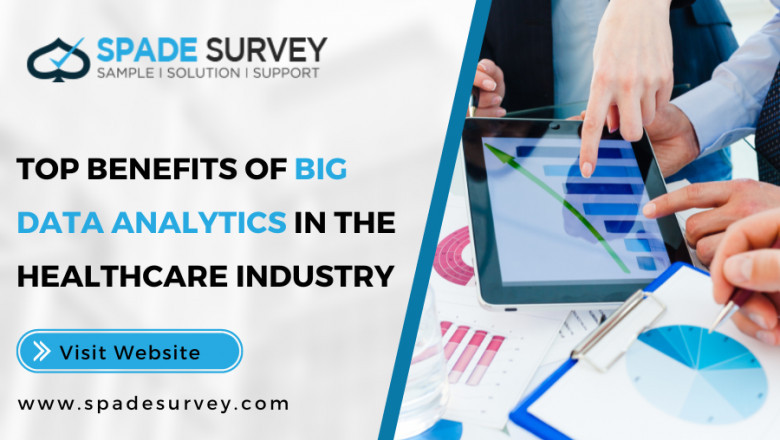Big data refers to massive amounts of information generated by digitization of everything, which are consolidated and analysed by specific technologies. Data sources include electronic health records (EHRs), medical imaging, genomic sequencing, payor records, pharmaceutical research, wearables, and medical devices, among others. The use of healthcare data analytics has many positive and even life-saving outcomes. It makes use of specific health data from a population (or an individual) and has the potential to help prevent epidemics, cure disease, and reduce costs, and so on.
Adopting the use of healthcare big data has the potential to transform the industry, moving it away from the fee-for-service model and toward value-based care. In short, it can keep its promise of lowering healthcare costs while also revealing new ways to provide better patient experiences, treatments, and outcomes.













